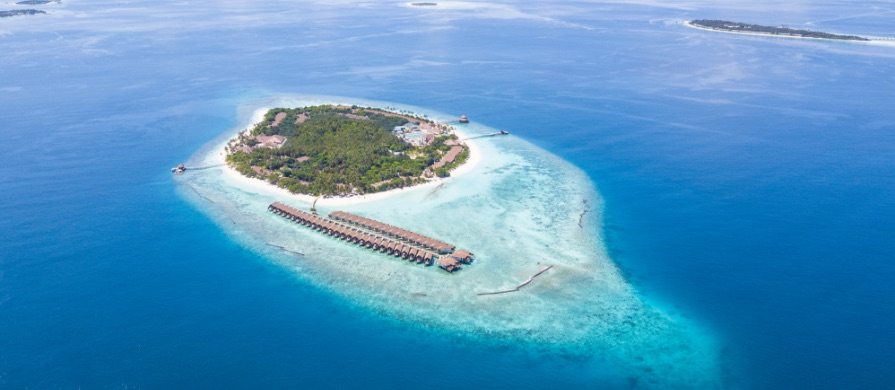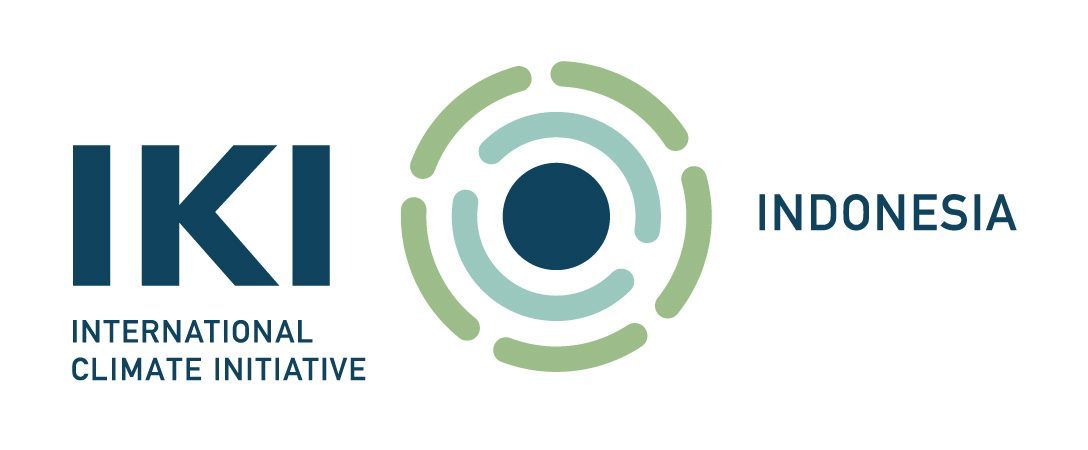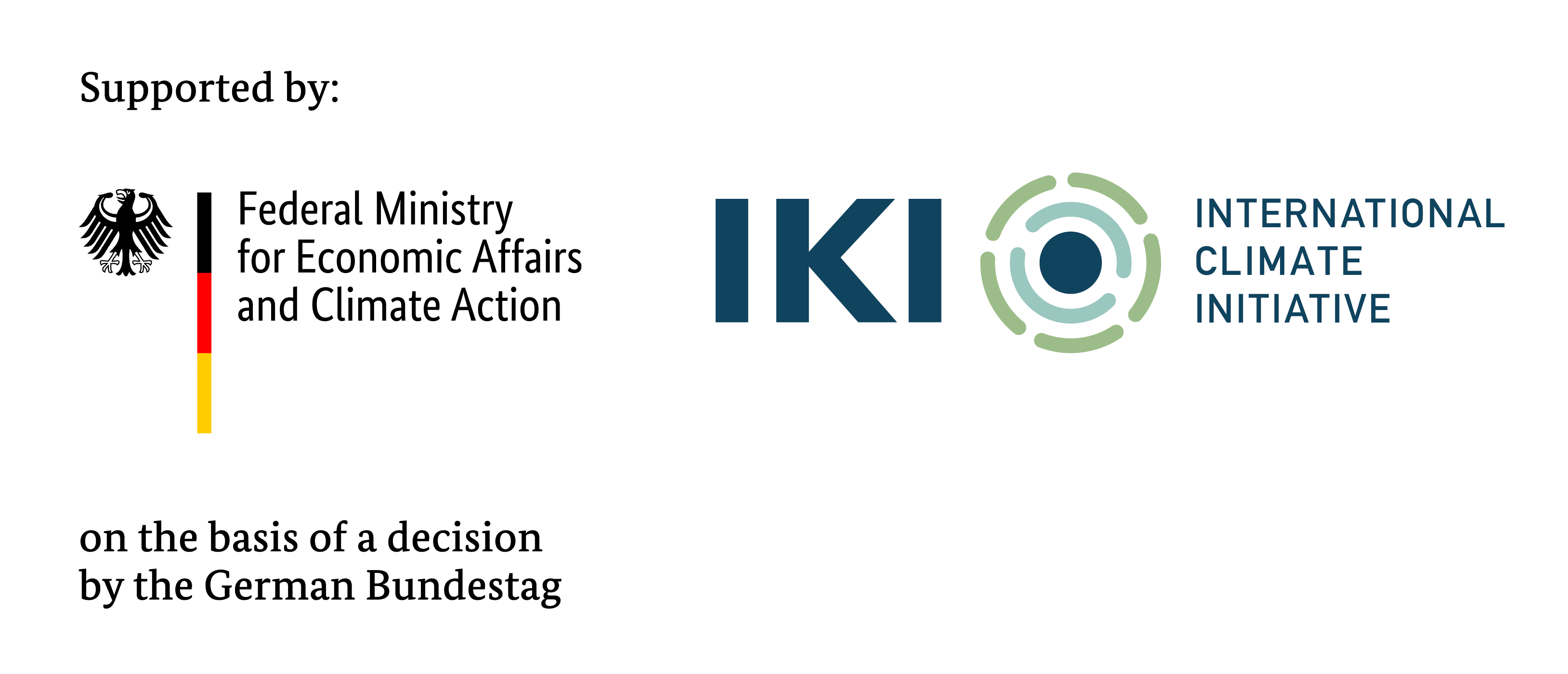The Southeast Asia Energy Transition Partnership is a multi-donor partnership of government and philanthropic funders, working to accelerate sustainable energy transition in Southeast Asia, inline with the Paris Agreement and Sustainable Development Goals. ETP’s focus is on empowering our partner countries, Indonesia, to achieve a sustainable energy future that fuels economic growth and ensures energy security through the following strategic outcomes: policy alignment with climate commitments, reducing clean energy investment risks, advancing smart grid systems, and enhancing human capital and public awareness.
- Country : IDN, PHL, VNM
- Project Sites : Java-Bali island (East Java)
- Support Area : Mitigation
- IKI Funding : 4.000.000,00 €
- Duration : 26.11.2021 - 31.12.2025
- Implementing Organisation : The Southeast Asia Energy Transition Partnership (ETP) of the United Nations Office for Project Services (UNOPS)

Policy Priorities :
Ministry of Energy and Mineral Resources (Directorate of Energy Conservation)
Ministry of Energy and Mineral (Directorate of Various New and Renewable Energy)
Ministry of National Development Planning (Directorate of Energy Resources, Mineral and Mining)
National Energy Council (Bureau of National Energy Facilitation)
Coordinating Ministry of Maritime and Investment Affairs (Deputy of Infrastructure and Transport)
Coordinating Ministry of Economic Affairs (Deputy Assistant of Utility and Manufacture)
JETP Indonesia Secretariat
PT PLN (Persero), Jamali Control Centre Unit
Policy Targets :
1. Wind Energy Development in Indonesia: Investment Plan
2. Streamlining Government of Indonesia Plans as a Pathway to Achieve Net Zero Emissions
3. Catalyzing Energy Efficiency as a Service in Indonesia
4. 1 GW of Solar PV Investment by 2025: Solar Irradiance Mapping and Development Plan
5. Supply Chain Integration of Battery Value Chains for Energy Transition in Indonesia
6. Study on the Financial Implications of the Early Retirement of Coal-fired Power Plants
7. Upgrade of Java-Bali Control Centre through expansion and development of smart grids
8. Assisting the Revision of the Indonesia Roadmap of Net Zero Emission (NZE) 2060
9. Preparation of the Indonesia’s Enhanced NDC Investment Roadmap for Energy Efficiency
10. Medium-term Energy Plans Aligned: Background study for RPJMN 2025-2029
11. Energy Efficiency and Energy Conservation Awareness Raising in the Education Sector
2. The Government of Indonesia (GOI) has multiple roadmaps and plans for achieving emissions reductions. Each roadmap is built on different divergent assumptions and unaligned targets. ETP assists the GOI in establishing a streamlined approach to align the plans with Indonesia’s climate commitments through the revision of the 2014 National Energy Policy as pathway to achieve NZE
3. Establishing a well-functioning and sustainable energy efficiency market in Indonesia by pursuing three interventions related to a) developing the market and providing real examples of successful projects, b) identifying the energy efficiency business models that are most attractive to Indonesian companies and c) building capacity by providing products and policy analysis
4. Strengthening GOI’s database on Solar Irradiance Data Map by utilising existing satellite data for public access. It includes a grid assessment based on collected solar irradiance data to determine the feasibility of a 1 GW installation. A detailed solar PV development and investment plan for the Jawa, Madura, Bali (Jamali) power grid needs to be formulated
5. Assisting the GOI to expedite Indonesia’s energy transition efforts by integrating the local supply chain for batteries with electric vehicles (EV), Solar Photovoltaic (PV) businesses, and other RE power plants.
6. Providing a systematic and cohesive methodology to address critical factors, including broader implications on the electricity sector, such as PLN’s financial position, tariff structure, subsidies, energy sector financing, and state fiscal conditions. ETP also prepared prioritisation tool for an assessment of coal fired power plants for early retirement and a roadmap for their retirement
7. Providing technical assistance to develop Detailed Engineering Design (DED) of new Java-Madura-Bali (JAMALI) control centers to develop a modern solution capable of effectively managing and controlling the grid. The objective is to ensure seamless integration and management of renewable energy sources within the grid
8. The initial version of Roadmap NZE 2060 was launched at COP26. Considering the dynamic of energy sector in Indonesia including the latest Just Energy Transition Partnership (JETP) commitment, Indonesia needs to update its NZE roadmap
9. Indonesia’s enhanced NDC is aimed at directing energy efficiency activities to achieve a reduction of 132 million CO2 emissions by 2030. Achieving these reductions requires the identification of funding estimation and a strategic roadmap to help reach the target
10. The 2020-2024 RPJMN evaluation of the renewable energy power plants projects reveals challenges in both technical and non-technical aspects. A mechanism is needed to identify and validate the readiness of renewable energy generation projects eligible for inclusion in the 2025-2029 RPJMN
11. Improving the knowledge of student in selected schools in Surabaya, East Java in understanding and impplementing energy efficiency in school and household to assist GOI in achieving 17% energy reduction in 2025 that can lead to reduce GHG emissions.
Website & Social Media
Relevant Links: https://www.international-climate-initiative.com/PROJECT1571-1


